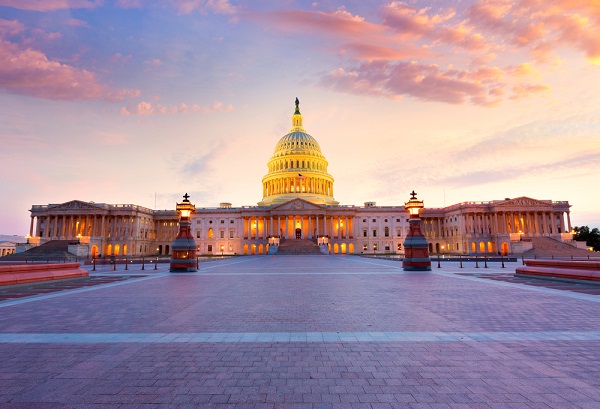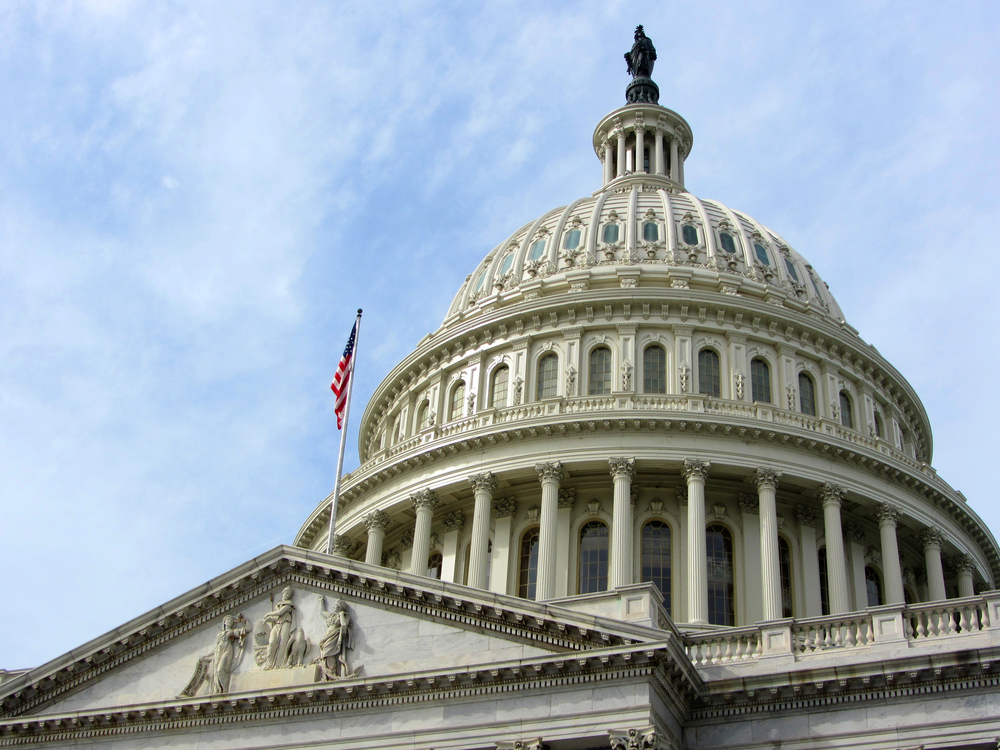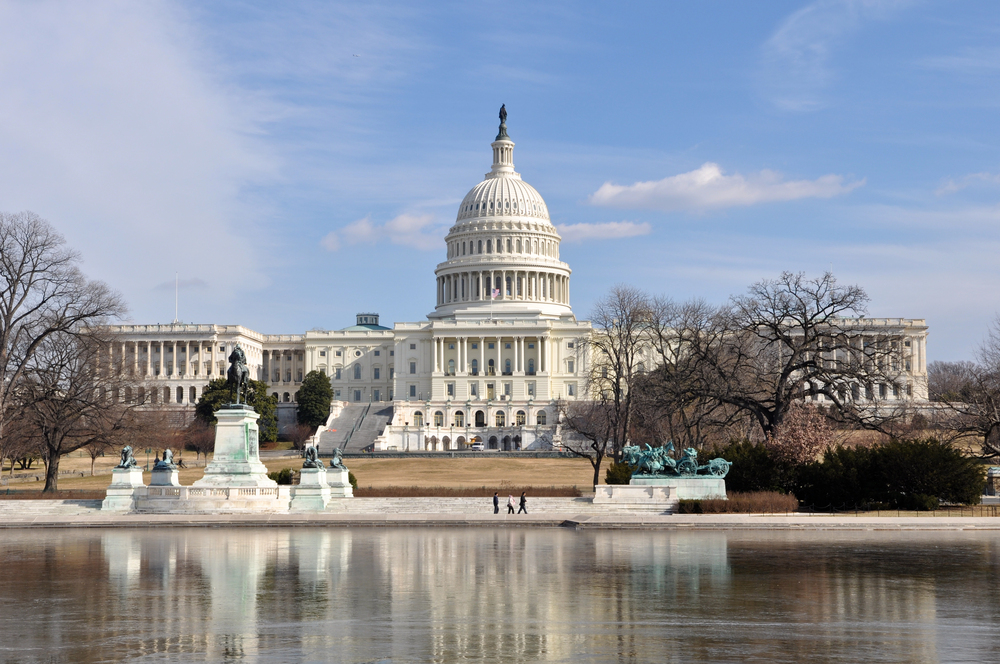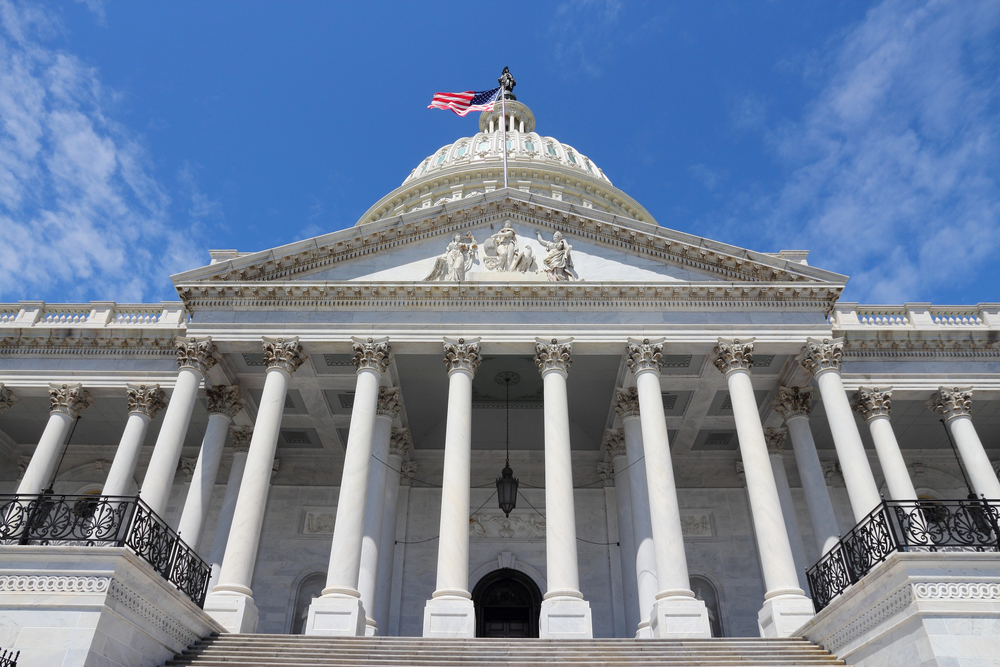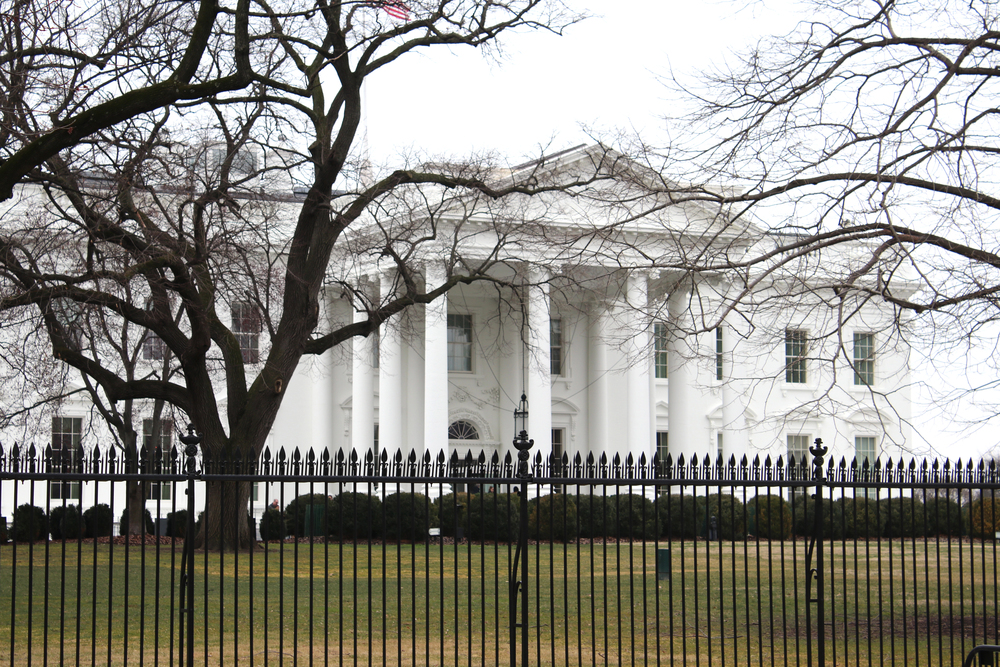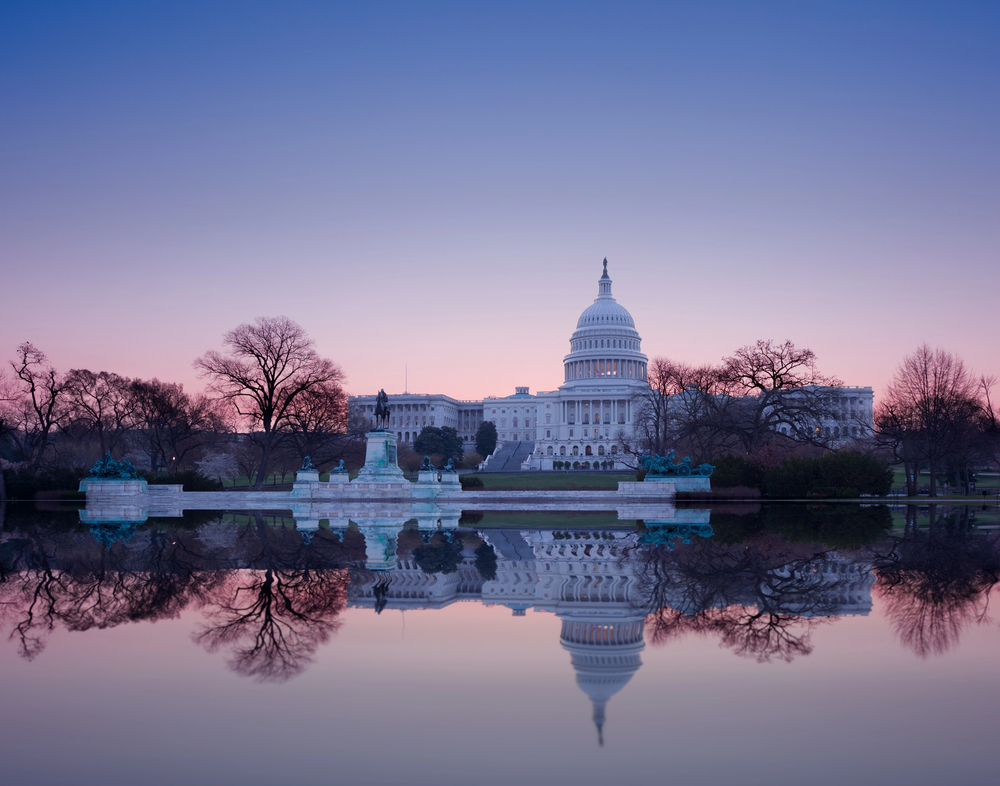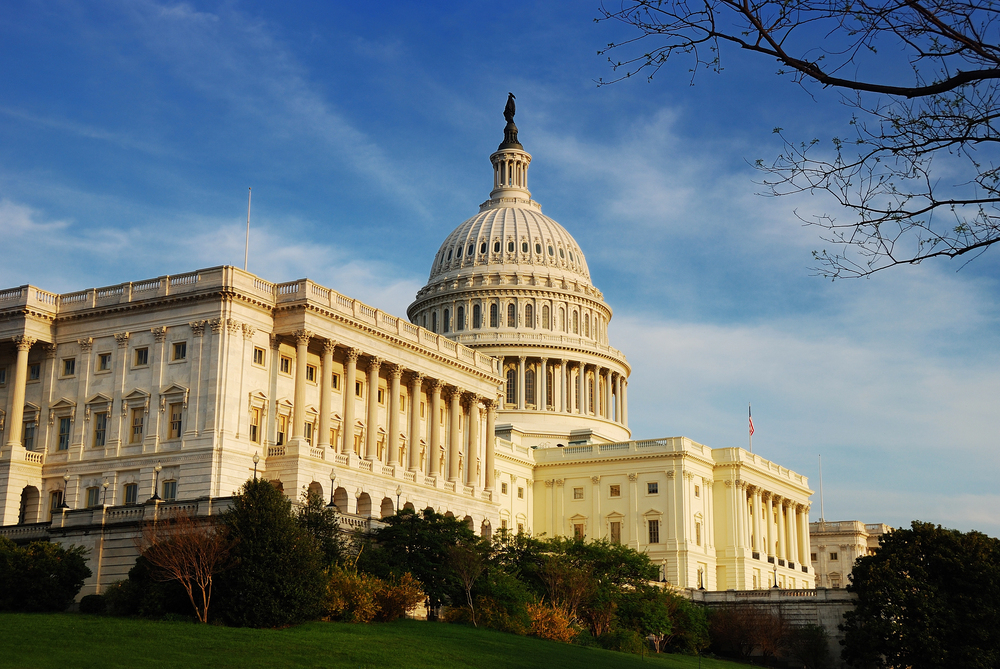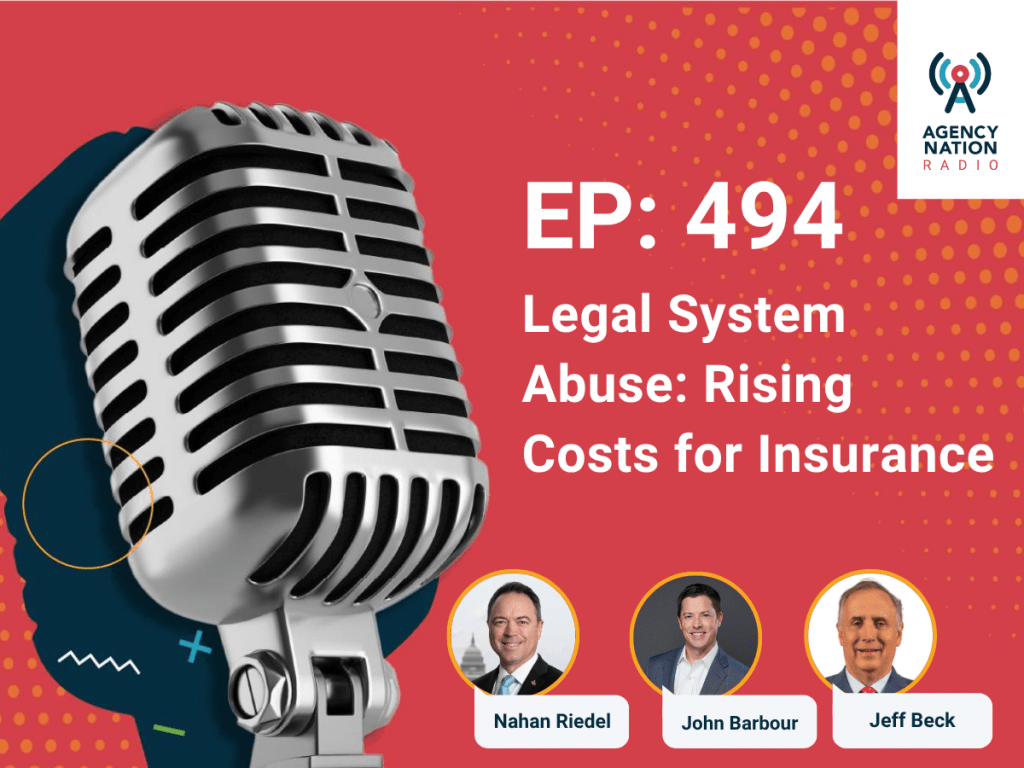Uncertainty in DC as Government Shutdown Looms
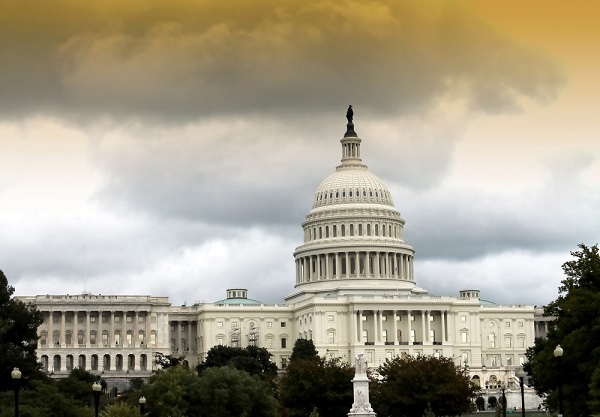
By: Raaed Haddad
Both the U.S. House of Representatives and Senate are in session this week, working to pass crucial legislation to keep the federal government open.
There are 12 appropriations bills that must be passed in order to avoid a shutdown, with current funding set to expire on Saturday, Sept. 30. It is widely agreed that the two sides will not complete their work on these appropriations bills, which means Congress must look to pass a continuing resolution (CR) to keep the government funded at its current level.
Passing a CR in either chamber is proving to be a challenge. The two political parties are far apart on a variety of issues, including additional aid to Ukraine, disaster relief supplemental funding, border security provisions and overall spending levels.
The Senate is expected to reconcile its differences and pass a short-term CR with bipartisan support. However, in the House, Speaker Kevin McCarthy (R-California) is navigating a razor-thin majority and must decide whether to pass a Republican-only product that is likely to fail in the Senate or allow a bipartisan CR to come to the floor.
Given this precarious situation, odds for a government shutdown on Oct. 1 are increasing significantly. The last government shutdown was in December of 2018 and lasted 35 days, making it the longest shutdown in history.
Importantly for independent agents and consumers nationally, the National Flood Insurance Program (NFIP) is tied to government funding. The Big “I” has been in constant communication with Congress about the importance of reauthorizing the NFIP and has been explaining why a lapse in the program would be devastating. During a lapse in authority, a Write-Your-Own company or NFIP Direct would not be able to issue policies for new businesses or requests to increase or add coverage. Additionally, they would not be able to issue renewal notices. The harmful effect would have a domino effect on other areas of the economy. For instance, it could impact the real estate and mortgage industries by derailing the closings on thousands of home purchases in high-risk flood zones.
As Congress continues its efforts to fund the federal government and reauthorize the NFIP, the Big “I” will continue to monitor its work, while advocating for independent agents and providing updates through the News & Views e-newsletter.
Raaed Haddad is Big “I” director of federal government affairs.

